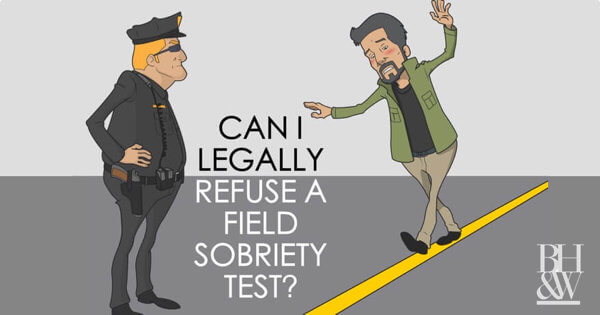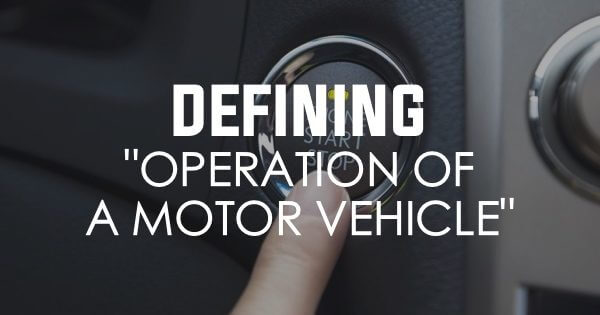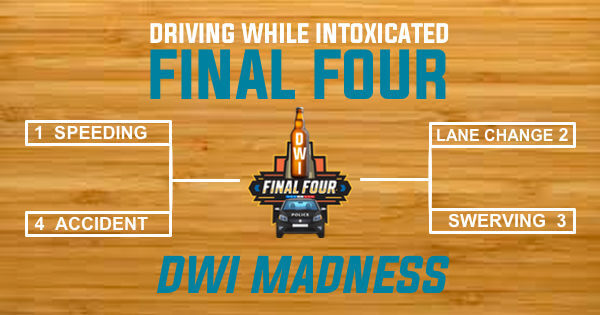 Issue before the Court: “In the absence of exigent circumstances or consent, does Texas Transportation Code §724.012(b)(3)(B) violate the Texas and U.S. constitutional prohibitions against unreasonable searches and seizures where the statute requires law enforcement officers to seize a specimen of a DWI arrestee’s blood without a search warrant in all cases where the officer believes the arrestee has been previously convicted of DWI two or more times?”
Issue before the Court: “In the absence of exigent circumstances or consent, does Texas Transportation Code §724.012(b)(3)(B) violate the Texas and U.S. constitutional prohibitions against unreasonable searches and seizures where the statute requires law enforcement officers to seize a specimen of a DWI arrestee’s blood without a search warrant in all cases where the officer believes the arrestee has been previously convicted of DWI two or more times?”
Sutherland v. State (2014)- On the night of February 2, 2011, Austin PD Officer Housmans initiated a traffic stop after a vehicle changed lanes without using a turn signal. Once the vehicle had pulled over, Housmans approached the driver, appellant Sutherland, and, after speaking with him for “a bit,” asked the appellant to step out of the vehicle. Housmans administered field sobriety tests on appellant, and arrested appellant based on his performance on the tests and on his suspicion that the appellant was driving while intoxicated. Appellant refused to provide a breath specimen. Dispatch provided Housmans with Texas DPS records showing that appellant had two or more previous convictions for DWI. The appellant was then transported to the Travis County jail where, ultimately, a blood sample was drawn without appellant’s consent and without a warrant.
Following the trial court’s denial of a motion to suppress evidence of his intoxication, appellant pleaded guilty to the charges but reserved his right to appeal the trial court’s ruling. The appellant appealed his conviction for felony DWI. The appellant challenged the constitutionality of the procedure and authority under which a sample of his blood was taken without his consent. Appellant contends that the trial court erred by denying his motion to suppress the results of the testing done on the sample of his blood taken in such a manner.
Housmans claimed that he relied on the provision of the Texas Transportation Code that required him to obtain a sample of a suspect’s blood whenever he learns that the individual has been convicted two or more times of DWI. Appellant maintained that, regardless of the mandatory language of the Transportation Code, constitutional protections against unreasonable searches and seizures require that a warrantless search be supported by an established exception to the Fourth Amendment’s warrant requirement, in this case, the exigent circumstances exception. Appellant further contended that no established exception-exigent circumstances or otherwise – applied here.
According to the Seventh Court of Appeals- Amarillo, the arresting officer was not faced with exigent circumstances such that the natural dissipation of alcohol from appellant’s bloodstream would support a warrantless seizure of a specimen of appellant’s blood. The arresting officer did not describe any factors that would suggest he was confronted with an emergency or any unusual delay in securing a warrant. He testified that he made no effort to obtain a warrant because he believed that the law required that he obtain a blood sample under the circumstances presented to him. The appellant was not transported to the hospital for medical care, the scene of the traffic stop was not very far from the booking facility, and transportation time was not a factor that could be said to lend to the exigency of the circumstances. Furthermore, while the unavailability of a magistrate may affect whether an exigency exists to justify a warrantless blood draw, a magistrate is available twenty-four hours a day, every day at the Travis County central booking facility. Therefore, based on these facts, the trial court erred by denying the defendant’s motion to suppress. Reversed and remanded.










